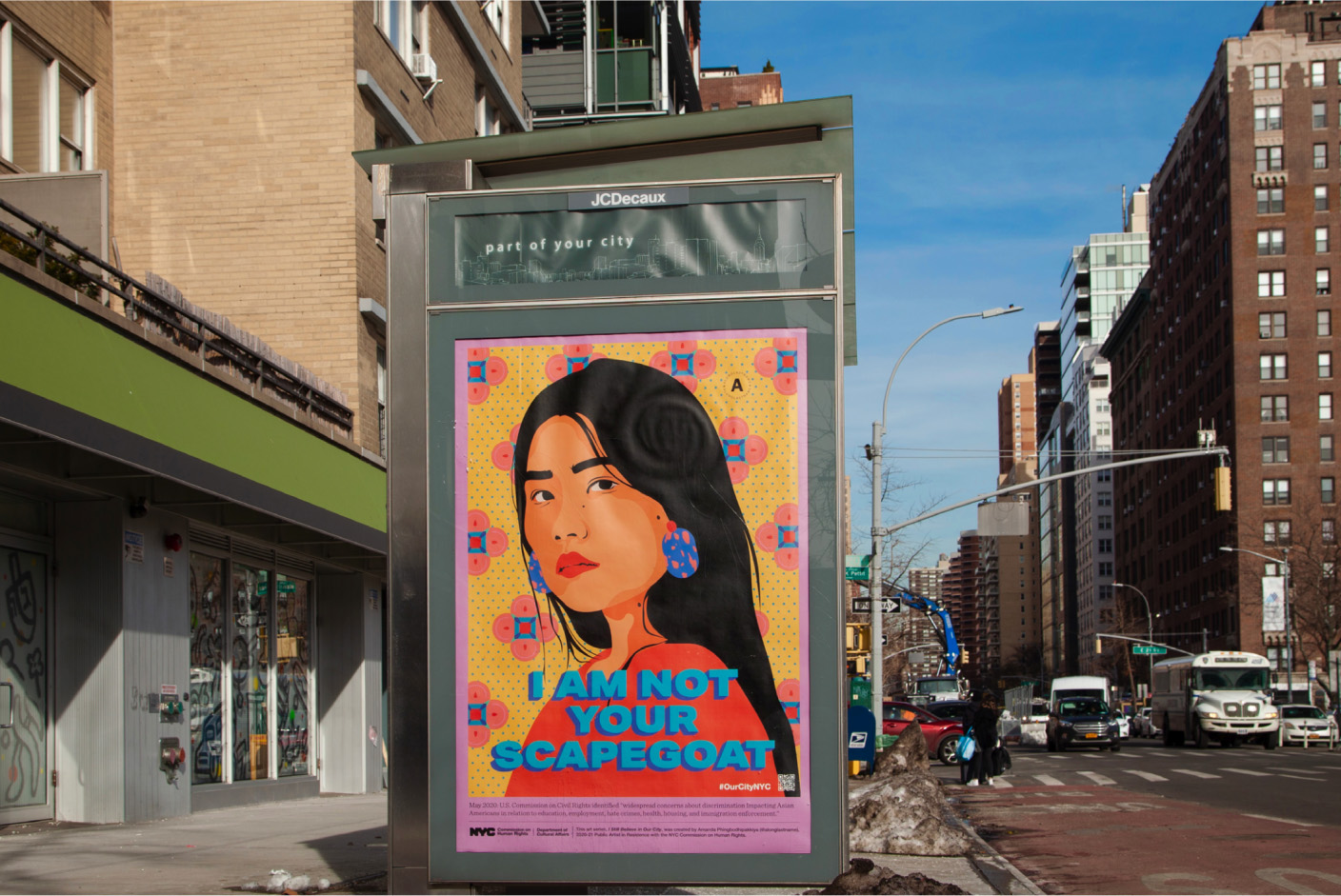Note: We have updated our methodology in the time since this report was released. Please refer to our Data Visualization Tool or latest Data Report for our most up-to-date data.
This report also includes a brief history of anti-Asian scapegoating and offers recommendations for political candidates, community groups, and individuals who want to help us put an end to this alarming trend.
Click here to read the full report (PDF).
About the Report
With the midterm elections underway, Stop AAPI Hate is releasing The Blame Game to spotlight how political rhetoric has been consistently employed, over decades, to hurt Asian communities. At present, there is an emphasis on anti-Chinese rhetoric, which results in the targeting of Asian Americans, including those who are not of Chinese descent.
Our research has found that perpetrators of hate acts toward Asians and Asian Americans repeat rhetoric they hear from candidates and elected officials blaming China for public health crises, for economic downturns and for national security concerns. This trend becomes apparent when comparing hate acts reported to Stop AAPI Hate with inflammatory language recently used by politicians:
- Public Health Scapegoating: At the start of the pandemic, President Trump and his party used racist rhetoric on Twitter to place blame on the Chinese for the start and spread of COVID-19. Stop AAPI Hate has since received over 2,000 incidents that mimicked this language.
- National Security Scapegoating: Several politicians have engaged in rhetoric that names the Chinese Communist Party as a national security threat for espionage. In June 2021, Governor Ron DeSantis of Florida signed two state bills to address perceived Chinese Communist Party espionage in businesses and higher education. Stop AAPI Hate has received reports of nearly 100 incidents that included similar language.
- Economic Scapegoating: Both parties engage in rhetoric that paints China as an economic threat to America’s existence. In Ohio, for example, Tim Ryan, a Democrat, presented China as the singular threat to the American economy and the country’s existence in his “One Word” campaign ad. Stop AAPI Hate has received reports of incidents where Asian Americans were threatened with violence, accused of “stealing jobs and sending U.S. dollars back to China”, and harassed to “go back to China”.


